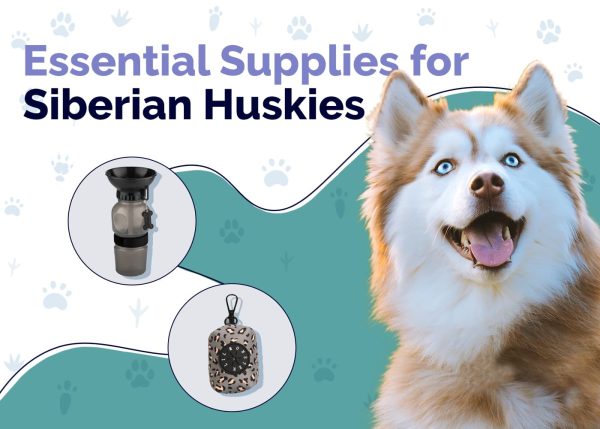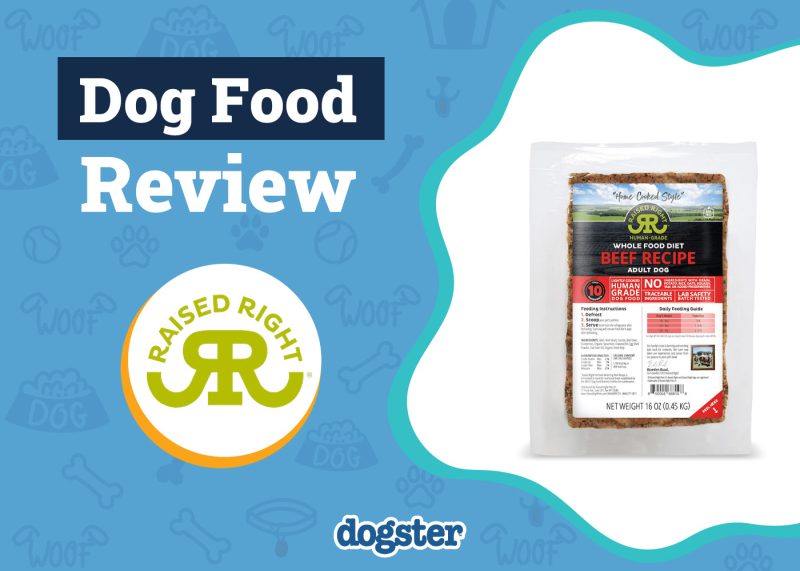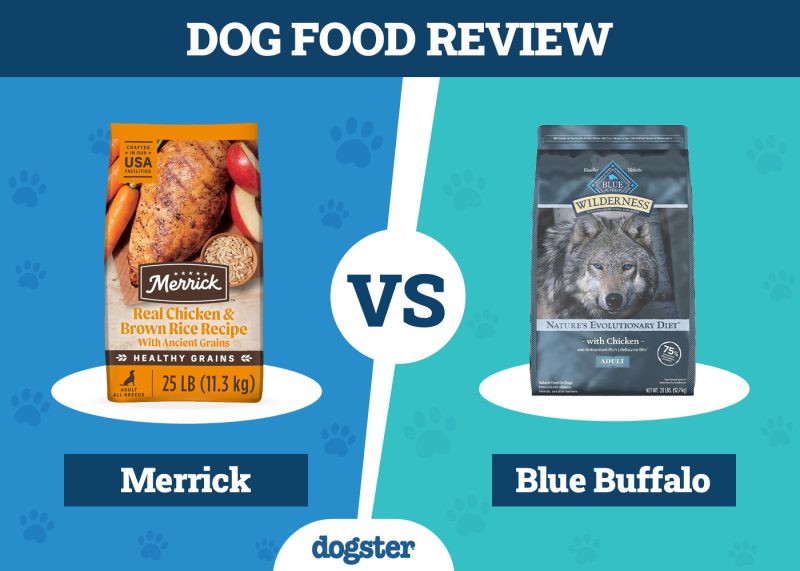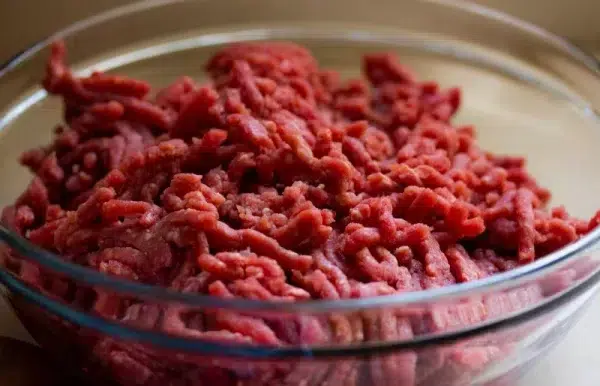In this article
View 4 More +Cushing’s disease was first diagnosed in people more than one hundred years ago by a pioneering American neurosurgeon, Dr Harvey Cushing. Cushing’s disease, also known as Cushing’s syndrome or hyperadrenocorticism, is a serious hormonal condition that affects dogs and cats, as well as people. This is a condition in which the adrenal glands produce too much cortisol—colloquially known as the “stress hormone”—leading to numerous signs and issues.
Studies suggest that Cushing’s disease affects approximately 1 in 5,000 dogs, with certain breeds being more prone to developing this condition than others. This article explains how Cushing’s disease develops, as well as what signs to watch for and treatment options to ensure your dog has the best quality of life.

What is Cushing’s Disease in Dogs?
Understanding Cushing’s disease requires a brief explanation of cortisol production. Cortisol production is regulated by the pituitary gland in the brain, which tells the adrenal glands when and how much cortisol to produce. There are two adrenal glands in a dog’s body—one near each kidney. Despite their small size, the adrenal glands are responsible for the production of a number of vital substances and hormones.
Most of the signs of Cushing’s disease are related to adrenal glands over-secreting cortisol (the stress hormone). In addition to regulating stress, cortisol is important for regulating blood pressure, intestinal health, immune function, and liver function. Cortisol is essential for normal day-to-day functions, but prolonged periods of high cortisol levels are detrimental to a dog’s health.

What Are the Signs of Cushing’s Disease?
Cushing’s disease most commonly affects middle-aged to senior dogs. Commonly affected breeds include Poodles (especially Miniature Poodles), Dachshunds, Boxers, Boston Terriers, Yorkshire Terriers, and Staffordshire Terriers. Small-breed dogs seem to be affected more commonly than large-breed dogs, but any breed can develop Cushing’s disease.
The signs of this disease include:
- Increased thirst
- Frequently urinating
- Frequent, prolonged panting
- Potbellied appearance
- Thinning coat and hair loss
- Recurrent skin infections
- Reduced energy levels
If you are concerned about the health and well-being of your pet, seek veterinary advice for the best course of action.
If you need to speak with a vet but can't get to one, head over to PangoVet. It's our online service where you can talk to a vet online and get the advice you need for your pet — all at an affordable price!

What Are the Causes of Cushing’s Disease in Dogs?
Veterinarians recognize three different causes of Cushing’s disease in dogs.
1. Pituitary Gland Tumor
The pituitary gland is located at the base of the brain. It produces a hormone known as ACTH, which then tells the adrenal gland to produce cortisol. A tumor of the pituitary gland leads to excessive ACTH, and thus excessive cortisol production, resulting in Cushing’s disease.
The vast majority (85–90%) of canine Cushing’s disease are caused by pituitary tumors, which can be benign or malignant (cancerous). Most of the time, if the activity of the pituitary gland can be controlled, dogs with this form of Cushing’s disease can live long, happy lives with few signs of disease. However, in roughly 10–15% of dogs, the pituitary tumor grows, damaging nearby parts of the brain and causing neurological signs. These dogs have a less favorable prognosis.

2. Adrenal Gland Tumor
Although rare, tumors of an adrenal gland itself can cause Cushing’s disease in dogs. Again, these tumors can be either benign or malignant. Adrenal-dependent Cushing’s responds poorly to medical treatment, and major abdominal surgery is often necessary.
3. Iatrogenic
Iatrogenic diseases are those diseases caused by, or occurring as a side effect of, medical treatment. In this case, prolonged or excessive treatment with steroid medications (corticosteroids) can lead to iatrogenic Cushing’s disease in dogs. This class of steroid medication is given for a legitimate medical reason—usually to reduce inflammation or treat auto-immune diseases.
Regardless of this, their prolonged or excessive use can lead to Cushing’s disease.


How Do I Care for a Dog with Cushing’s Disease?
Treatment of Cushing’s disease depends on the underlying cause.
1. Pituitary Gland Tumor
This form of Cushing’s disease generally responds well to oral medication. The two most common medications are trilostane (brand name Vetoryl®) and mitotane (brand name Lysodren®). Though each medication has a different “mechanism” by which it works, the end result is the same: reduced secretion of the stress hormone cortisol. Previously used medications have been found to be inferior.
More recently, surgical removal of the pituitary tumor has been undertaken; results look promising. Radiation therapy can also be used to shrink or destroy the tumor, but multiple anesthetics may be required.
2. Adrenal Gland Tumor
As previously mentioned, adrenal gland tumors causing Cushing’s disease usually require complex abdominal surgery to remove the tumor. If the tumor is removed in its entirety, the problem is often fixed. If it is not, or if surgery is not an option, medical management (as for pituitary tumors) can also be attempted.

3. Iatrogenic
Treatment for iatrogenic Cushing’s disease requires the steroid medication to be discontinued. This must be done slowly, in a controlled manner, to avoid complications. However, this is only an option if the initial disease, for which steroids were prescribed, is either very mild or no longer present. Discontinuing steroids may not be an option for some life-threatening auto-immune diseases, and the signs of Cushing’s disease will need to be managed in other ways.
It is important to mention that not all cases of canine Cushing’s need to be treated. This disease is not always life-threatening, and in some cases, the decision is made to not pursue treatment. If signs are mild and not affecting your dog’s quality of life, or if the expenses of further testing and treatment are prohibitive, this is certainly a reasonable option.

Frequently Asked Questions
How Is Cushing’s Disease Diagnosed?
When it comes to diagnosing Cushing’s disease, there is no single test that is 100% accurate. Cushing’s disease is generally diagnosed using a combination of blood tests and imaging. The two most common tests used to diagnose Cushing’s disease are the ACTH Stimulation Test and the low-dose-dexamethasone-suppression test (LDDS).
Though each test has its pros and cons, a discussion of each is beyond the scope of this article. Ultrasound may be used to detect the presence of an adrenal tumor. If medical management of Cushing’s is not having the desired effect, or if surgical removal of the pituitary tumor is being considered, advanced imaging (a brain scan) is required.
What Is the Prognosis for Dogs with Cushing’s Disease?
Medical treatment does not cure the pituitary tumor, but it does alleviate the signs of disease, and most dogs go on to live full and happy lives. Regular testing and occasional dose adjustments are usually required. If the tumor is large and affects the brain, the prognosis is poorer.
This is also the case for malignant adrenal tumors, though benign adrenal tumors can be surgically cured.

Conclusion
Cushing’s disease is a complex and serious hormone condition that affects dogs. While middle-aged to senior small-breed dogs are most commonly affected by this condition, any dog can develop Cushing’s disease. While medical or surgical intervention is usually warranted, this is not always the case.
If you have any concerns about this disease in your pet, discussion with a licensed veterinarian is certainly advised.
Featured Image Credit: Nick Kuppens, Shutterstock


















